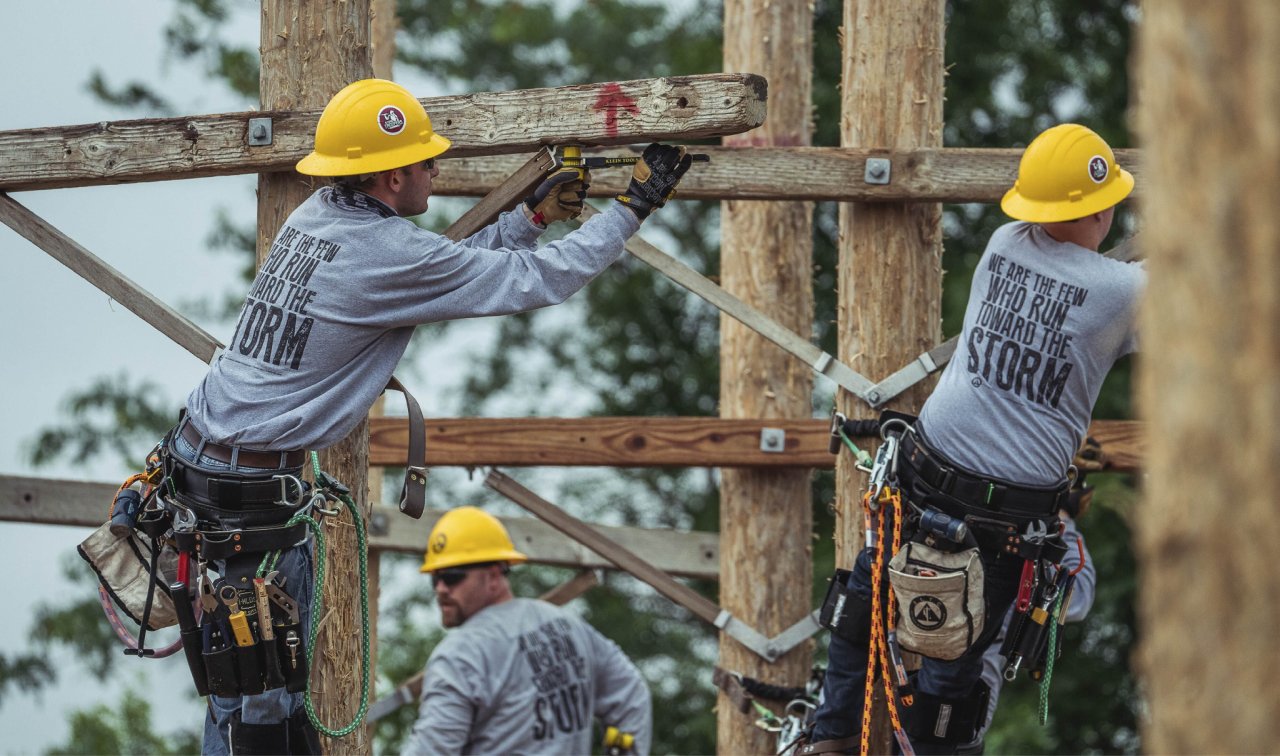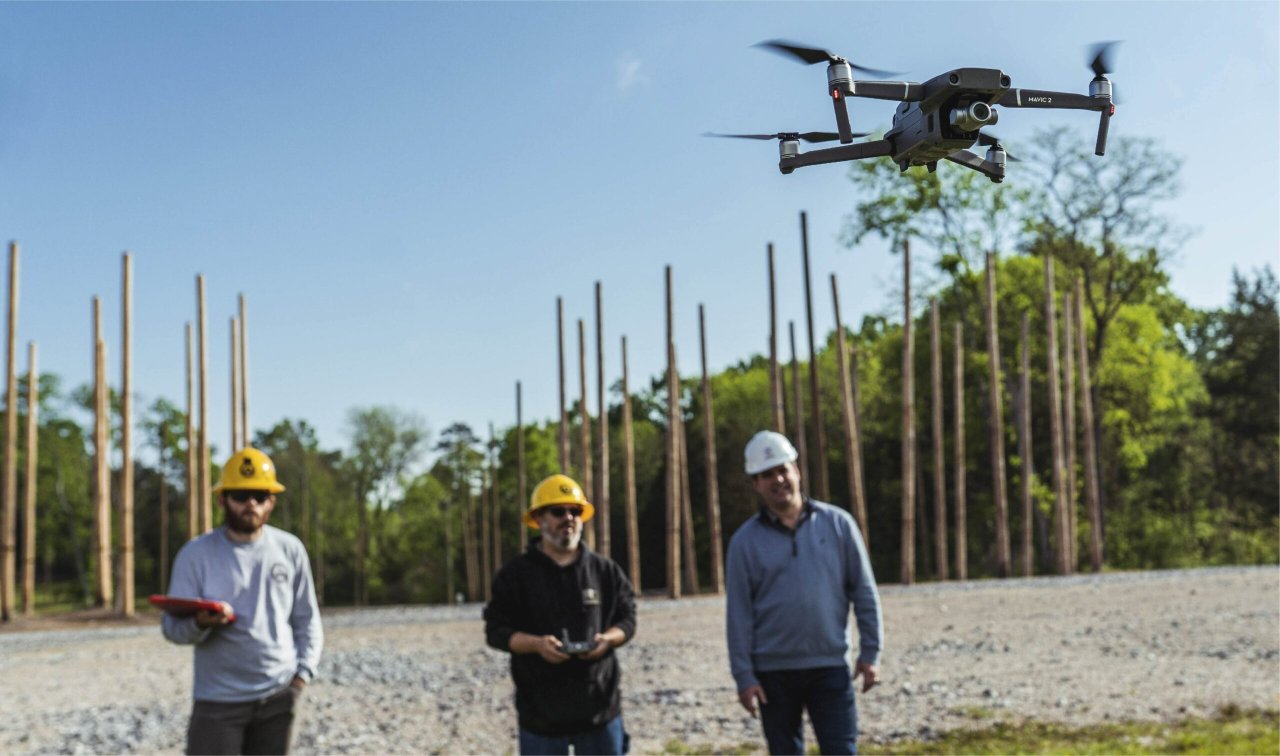
February 29th, 2024

At Southeast Lineman Training School, we understand the importance of a well rounded education, but for us, that education doesn’t stop once you’ve graduated and received a job. With the evolution of new technologies and the reliance on electrical and communications infrastructure in everyday life, companies are looking to expand their workforce with safe and efficient workers.
But, how can you establish yourself as a safe and efficient worker? It’s simple: with the right certifications.
Every student that comes through SLTC’s Electrical and Communications programs is equipped with a multitude of certifications from First Aid/CPR to OSHA 10-Hour ET&D, Digger Derrick Operator, and much more. But it is the additional certifications, or elective certifications as we call them, that can really give students or seasoned linemen the upper hand in their career.
One of those certifications being the Remote Pilot Certificate, or better known as a Licensed Drone Operator. Offered by SLTC Global and powered by Captive Drone Technologies, the sUAS (Small Unmanned Aircraft System) Remote Pilot Certificate allows students to gain experience in regulations, standards, proper and safe operation of the aircraft, and best practices in order to prepare them for the certifying FAA Part 107B Exam.
You may be asking yourself, “How will having a drone certification help me get a job or increase my earning potential?”.
Again, it’s simple: the use of drones in the energy industry significantly decreases inspection time, saving labor costs and reducing hazardous manhours, all while providing higher quality data that allows companies to maximize energy production.
Drones allow for days and weeks worth of work to happen in hours, providing more in-depth data of rust, damaged insulators, and more without boots ever leaving the ground. For employers, they’ve saved hundreds of thousands of dollars in labor by decreasing the amount of time spent on inspections, and spending more time on the repair.
The true value of drones in linework is their ability to minimize danger to linemen. By decreasing the amount of time linemen spend on unstable or dangerous lines, crews are able to minimize their losses, and focus on getting the world back up and running.
If you’re interested in adding a Remote Pilot Certificate to your resume, contact us today at www.sltcglobal.com/drone.
Southeast Lineman Training Center (SLTC) is the premier training school for lineworker training; consistently producing an elite group of highly trained and certified graduates.